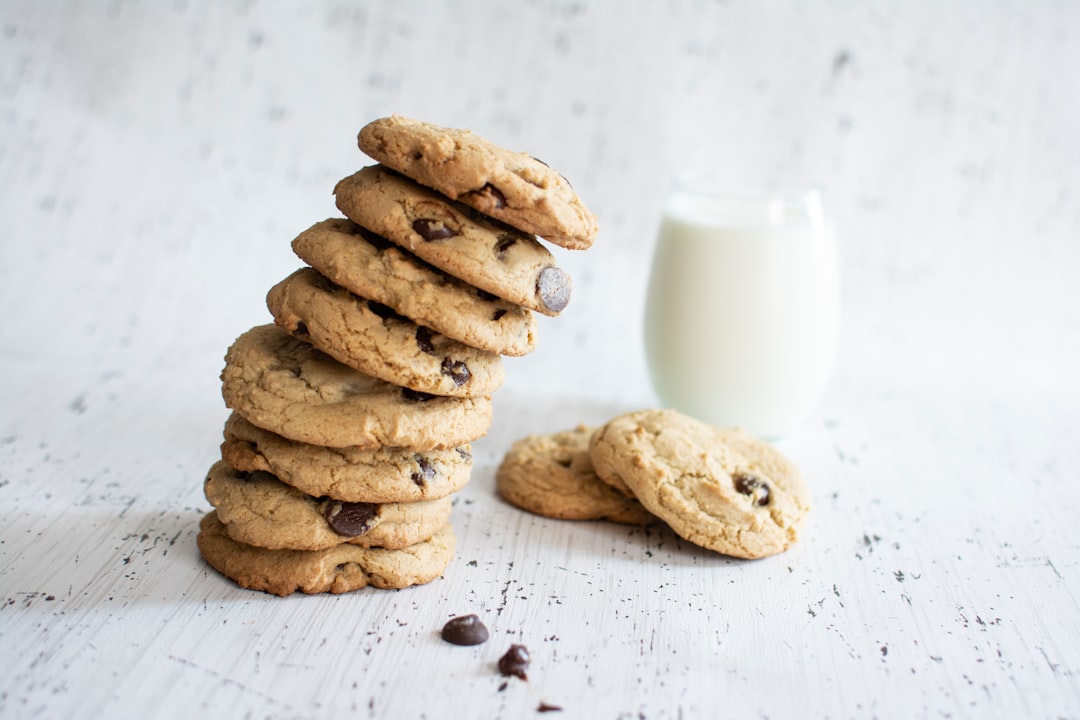I thought I would start a new series of sorts, focusing on nutrition and wellness-related behaviors, and some science, specific to certain age ranges. First up is the magical decade of the 20s, of which I both miss dearly and certainly do not wish to ever repeat again. I’ve been working with a lot of clients and patients in this age range of late, which…
© 2025 Kelly Hogan, MS, RD
Substack is the home for great culture



